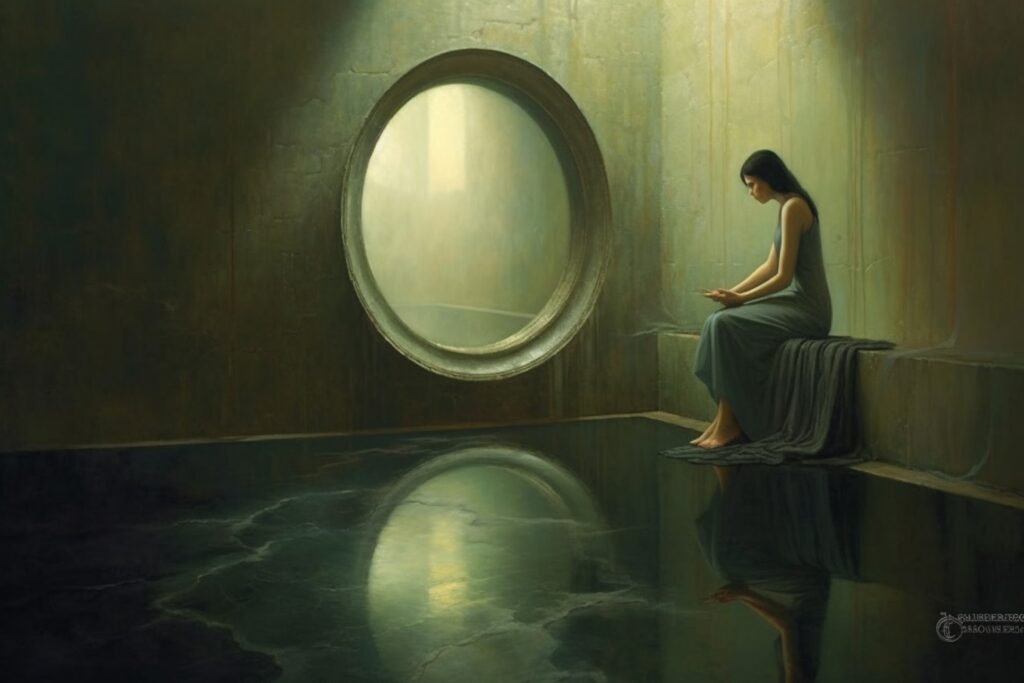
Have you ever met a fault finder? How did you feel when you left that person’s company? I guess you felt drained. It is very easy to find fault in other people but not easy to find one in our own lives. Before you castigate another person, be sure you are good, you also need to be sure that you have not offended other people, especially for the same mistake you’ve found a fault in.
Do not be quick to judge or condemn others until you have become aware of all the circumstances surrounding why they took the decision they took. It is safe to assume that people are naturally good and wouldn’t want to hurt other people until they have proven this assumption to be wrong. Don’t judge a person until you have seen their full character or have had personal dealings with them. It is only when you have witnessed someone do something really terrible that you are free to offer your opinions on their character.
Back to the conversation of being a fault finder; are you one? Before you expect that perfect behaviour from other people, bear in mind that you are not perfect. Your loved ones and your close associates know your weaknesses but have chosen either to tolerate them or to ignore them. It is okay to point out “what is wrong with other people”, if there is a purpose to such action, for instance, you may want them to correct a character flaw. If the purpose of such criticism is merely to discuss about that person, or mock their weakness, then choose to do better as an individual.
Today is a good day to look inward and make some character adjustments. Be fair in your criticisms, and ensure there is a purpose to it.
Have a good week!

Nice. Fault finders are just critics. There are people whose role is criticisms. The thought that they are there to point out what we have not done correctly, makes us put in extra efforts to think through our actions in a bid to do things correctly. In the end, we end up being better than we would have been without the sanction of criticisms. Often, the difference between those who are complacent and those who make progress lie in how one set handles criticisms. Those who take the lessons from “fault finders” and ignore the irritation of being criticised often come up better.
To deal with Fault finders, one can also in advance table options to them and note the criticisms they have for each option before execution. Criticism is not negative. It takes a strong analytical mind to be a fault finders. Those who have them should be grateful. Suppression of fault finding skills because one does not want to be perjoratively labelled a “fault finders” is tantamount to hiding a talent and lamp meant to guide those in one’s circle of influence. The giver of every talent will demand account of it.
Similarly, “fault finding” should not be mischievously used to put others down. Abuse of every thing is wrong and this applies to the skill of fault finding.
Thank you. Your last paragraph is actually the purpose of this post.